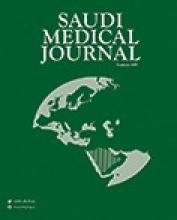MARCH 25, 2019 - What’s known as the genome-wide polygenic score, or GPS, combines information from many thousands of genetic markers, each with only a minimal effect, to produce an overall assessment of disease risk based on an individual’s entire genetic background. While a recent publication claimed that the GPS could be used by doctors to identify patients at high risk of conditions such as heart disease, cancer, and diabetes, a new Annals of Human Genetics study casts doubt on these claims.
One example is a GPS for heart disease that appeared to have an accuracy of more than 80 percent in the earlier publication. After further investigation and taking patients’ age and sex into consideration, it had a much lower value, however. For other conditions, the GPS overlapped considerably in patients with the disease compared with controls.
“I think it’s a real problem that these tests are being promoted so enthusiastically, sometimes based on claims which simply don’t stand up under examination,” said study author Prof. David Curtis, of the UCL Genetics Institute in London. “I don’t see that they’re ready for clinical use yet and frankly I doubt that they ever will be.”
Full citation: David Curtis. Clinical relevance of genome-wide polygenic score may be less than claimed. Annals of Human Genetics; 2019: DOI: 10.1111/ahg.12302
Copyright © 2019 The Cochrane Collaboration. Published by John Wiley & Sons, Ltd., reproduced with permission.
- Copyright: © Saudi Medical Journal
This is an open-access article distributed under the terms of the Creative Commons Attribution-Noncommercial-Share Alike 3.0 Unported, which permits unrestricted use, distribution, and reproduction in any medium, provided the original work is properly cited.






